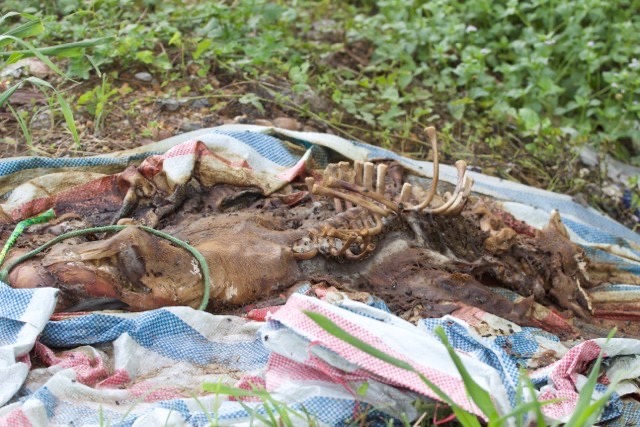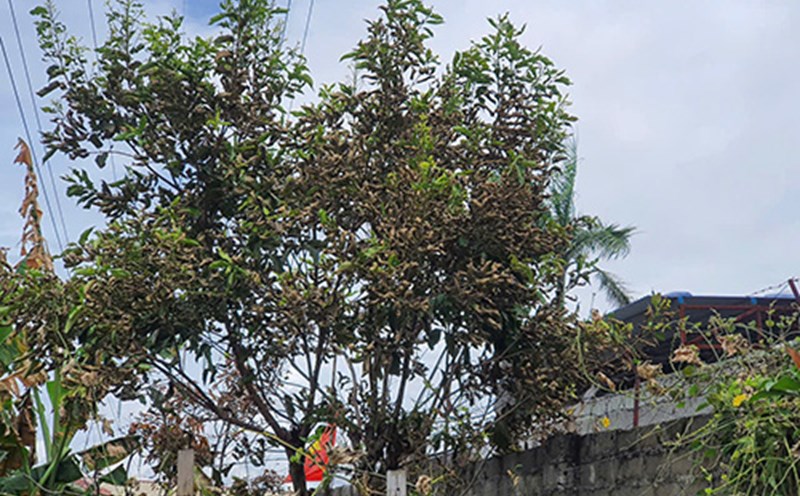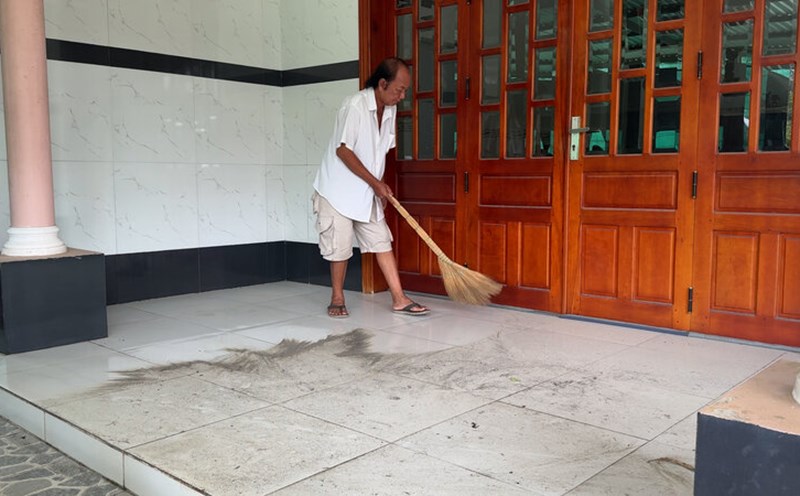Reporters of Lao Dong Newspaper had an interview with Lawyer Nguyen Minh Ngoc, The Light Law Firm, Hanoi Bar Association to clarify legal issues surrounding these cases.
Fines should only be applied as an additional penalty
Some opinions say that the current penalty for food safety violations is still light, not enough to deter, especially when the profit from these activities is very large. What is the lawyer's view on this issue?
I think, to evaluate the level of treatment for an act, it is necessary to base on the nature, level and especially the consequences of that act to society.
Food safety violations are not only common violations of the law, but also demonstrate a deterioration in business ethics, seriously threatening the health and even the lives of consumers.

According to the 2025 amended Penal Code, criminals can be prosecuted from a fine of VND 100 million to 20 years in prison, depending on the severity of the violation.
However, I agree with many opinions that the current penalty is still light, especially when the behavior can affect the health of hundreds, thousands of people.
Personally, I think that the fine should only be applied as an additional penalty, not a main penalty. There needs to be severe judgments, truly enough to deter to completely prevent similar acts in the future.

Consumers should not be silent
In case consumers are affected or suffer damage due to using dirty food from such lines, what can they do to claim their rights?
Consumers have the right to claim compensation if there is sufficient basis to prove that the damage originated from the violations of the subjects trading and slaughtering dirty food.
In case there is specific damage such as poisoning, health damage... the victim can file a report to the police agency investigating the case. According to Article 30 of the 2015 Penal Code, civil requirements such as compensation for damages can be resolved in criminal cases.
In case the damage is not demonstrated at that time, the victim can request the court to separate the civil part to resolve it later, according to civil proceedings.
Regardless of the direction, consumers should not remain silent but need to speak up to protect themselves and others.
Recently, the authorities have discovered and prosecuted many cases including dead pigs throwing roads, slaughtering infected pigs... according to you, what is the responsibility of the management units?
If the facility is found to have repeated violations (Hanoi prosecuted 3 cases related to the trade of dead pigs and sick pigs), the investigation agency must apply strong measures such as revoking the practice license, sealing the facility, and further prosecuting the crime of "Organizing the production and trading of counterfeit goods" or "fraudulent appropriation of property" if there are signs of profiteering. This not only handles individual violations but also blocks the organized operating model.

Agencies such as the police, market management, and veterinary medicine need to coordinate more closely. We must be responsible for letting the lines operate continuously, such as the illegal trade of tons of dirty meat over the past month before being destroyed. In particular, it is necessary to publicize the control process, increase the number of surprise checks, divide patrol shifts and publicize the results to the media to increase transparency.
From a legal and preventive perspective, according to the lawyer, what measures are needed to prevent such acts of food poisoning from people?
In reality, violations of food safety and hygiene regulations are happening quite commonly and increasingly sophisticatedly. The fact that in a short time, many consecutive incidents have been discovered - from dumping dead pigs on the road to slaughtering infected pigs to bring them to the market - shows that the control system still has many loopholes.
I think that to prevent it, it is necessary to synchronize both the law and implementation. First of all, it is necessary to strengthen propaganda and dissemination of legal regulations related to food safety, especially at traditional markets - where small-scale trading activities occur frequently and have many potential risks.
In addition, mobile trial of some typical cases and public disclosure of severe sentences are also important solutions to educate and deter the community.
In addition, authorities need to step up periodic and surprise inspections and checks at slaughterhouses and food distribution establishments - especially business locations of unknown origin.
In addition, raising consumer awareness also plays a key role. Although the cost may be higher, choosing food from a supermarket or reputable facility will help ensure health, trace the origin clearly and be inspected by authorities.
- Thank you, lawyer, for sharing!











